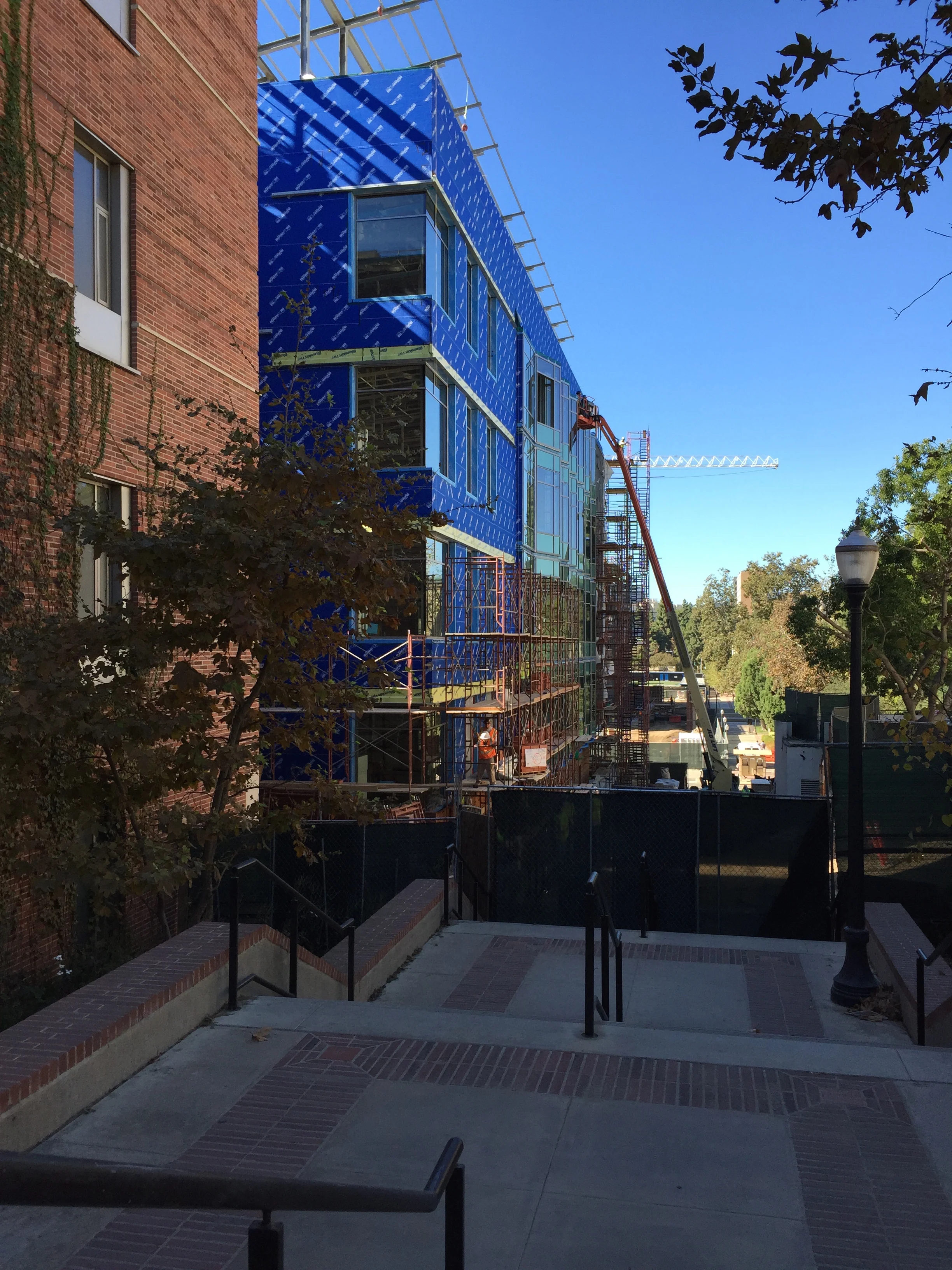NSF Awards NHR3 Research Project on Resilient Societies through Smart-City Technology: Assessing Earthquake Risk in Ultra-High Resolution
/The US National Science Foundation (NSF) awards a research grant to UCLA’s Natural Hazards Risk and Resiliency Research Center (NHR3) to study Assessing Earthquake Risk in Ultra-High Resolution.
In this futuristic project, NHR3 researchers will investigate a case of smart city with a very dense seismic network. Given a set of densely recorded earthquake ground motions, the researchers will generate ultra-dense sets of ground motions. These motions will then be used for seismic risk quantification at very densely distributed sites. The research project is part of a large international research program, called Belmont Research Project, involving numerous countries.
“High-resolution and inexpensive ground-motion instruments will bring us a step closer to realization of ‘smart cities,’” states Prof. Yousef Bozorgnia, Director of NHR3 and Principal Investigator of this research project. “Given a set of real time ground motions in California, we plan to simulate motions at highly dense sites to quantify seismic risk in an urban area. We plan to use the Community Seismic Network, CSN, which is already a dense network in Southern California, to generate motions with ultra-high spatial distribution for seismic risk assessment. The CSN is a project coordinated jointly by Caltech and UCLA.”
“The research project is paving the way for developing methodologies for dynamic risk quantification and risk management of our built-environment subject to natural hazards. Such emerging technologies are part of the core intellectual activities at the Garrick Risk Institute at UCLA,” states Prof. Ali Mosleh, Director of the B. John Garrick Institute for the Risk Sciences where NHR3 Center resides.
More information about NHR3 and the current research projects can be found at: https://www.risksciences.ucla.edu/nhr3





